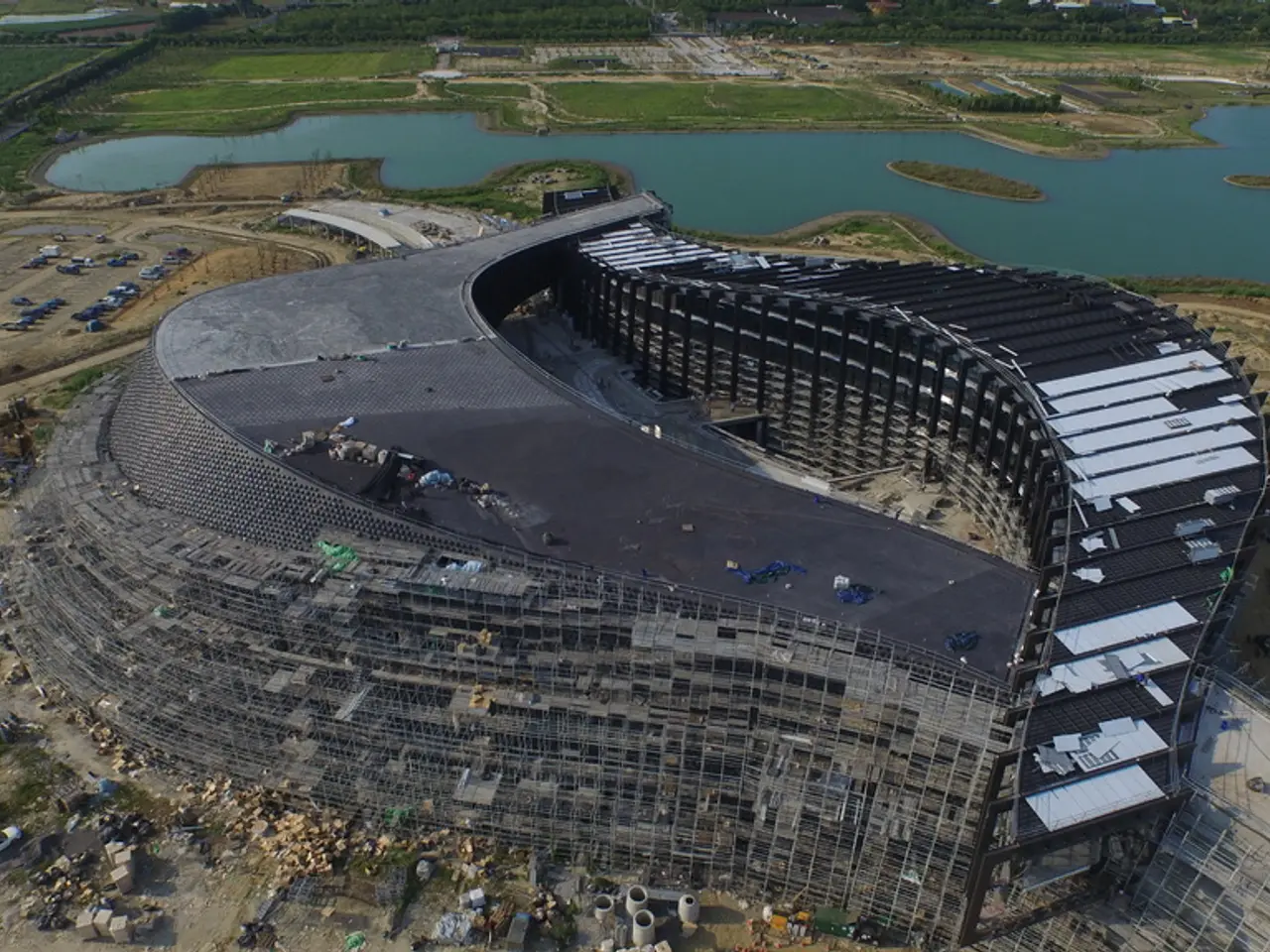Volkswagen ponders the possibility of adopting a four-day workweek.
Volkswagen's Wolfsburg Plant Transforms for Electric Future
The main Volkswagen (VW) plant in Wolfsburg, Germany, is undergoing a significant transformation. This change is primarily due to the relocation of Golf combustion engine production to Puebla, Mexico, as demand for gas-powered vehicles declines.
The shift is part of Volkswagen's broader strategic transition towards electric vehicles and cost reduction. From 2027, the VW Golf will no longer be produced in Wolfsburg but in Mexico.
The restructuring of the Wolfsburg plant will see two of its four assembly lines converted to the new group-wide electric platform (SSP). The SSP platform is considered the backbone of VW's E-offensive.
This restructuring has caused concern among some employees, with VW's works council chairwoman, Daniela Cavallo, making the plant's transformation the focus of a recent works meeting. To manage workforce adjustments during this transition, Volkswagen plans to implement a temporary four-day work week at the Wolfsburg plant starting in 2027.
Cavallo anticipates that the plant will not be fully utilized for several years after the restructuring in 2027. However, she suggests that as many overtime hours as possible should be worked now to fill employees' hour accounts for future benefits.
In the long term, electric models like the ID.3 and Cupra Born are expected to be produced in Wolfsburg alongside the Tiguan and the Tayron. The anticipated changes at the VW plant in Wolfsburg have both positive and negative implications.
On the positive side, the plant will be rebuilt for the new group-wide electric platform (SSP), securing its role in Volkswagen's electrification strategy. This could lead to increased overtime work in the short term.
However, there are potential job losses and reduced workweeks to consider. Volkswagen anticipates cutting about 35,000 jobs in Germany by 2030, with Wolfsburg being significantly affected as it restructures around electric mobility models. More than 20,000 employees have already opted for early contract termination, indicating substantial workforce reductions are underway.
The restructuring is part of Volkswagen’s "Zukunft Volkswagen" initiative aimed at reducing annual labor costs by €1.5 billion and cutting thousands of production units in Germany, shifting production capacity to more cost-effective locations like Mexico.
The collective agreements are designed to minimize net losses for the employees. Cavallo has suggested that the plant's future utilization might not be well-received by the employees. Nevertheless, she remains optimistic about Wolfsburg's role in the electric vehicle era.
[1] Autocar Professional [3] Car and Driver [5] Reuters
- Volkswagen's decision to restructure its Wolfsburg plant, focusing on electric vehicles, will involve a shift not only in the production of the VW Golf but also in the broader finance and business strategy of the company, as they aim to reduce labor costs and increase cost-effectiveness.
- The transformation of the Wolfsburg plant will impact various industries, with finance, business, and even the automotive industry as a whole, as the plant readies itself for the production of electric models like the ID.3 and Cupra Born, becoming a key player in Volkswagen's electrification strategy.




